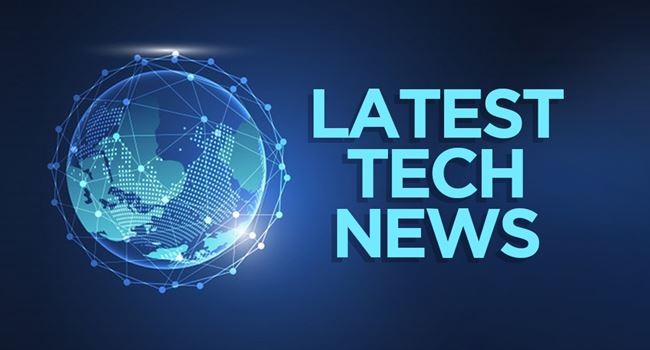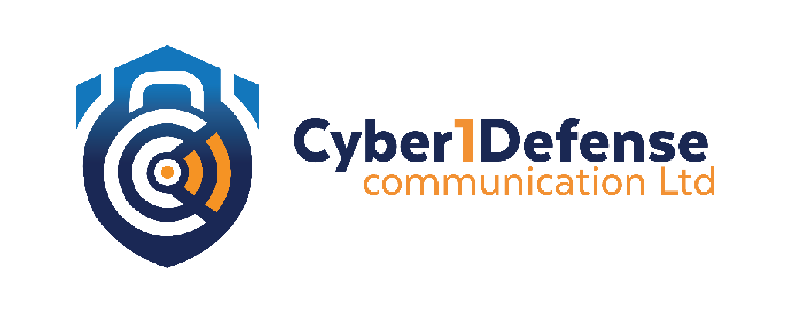[mc4wp_form id=”2320″]
Tech News Round Up Monday's edition
-
May 27, 2024
- Posted by: Evans Asare

Tech news round up Monday’s edition.
Zimbabwe approves the licensing of Musk’s Starlink internet service.
Zimbabwe’s telecom regulator has approved the licensing of Elon Musk’s Starlink, allowing the satellite unit of SpaceX to operate in the southern African country, President Emmerson Mnangagwa said on Saturday.
The decision “is expected to result in the deployment of high speed, low cost, LEO (low-earth-orbit) internet infrastructure throughout Zimbabwe and particularly in all the rural areas,” Mnangagwa said in a statement.
He said Starlink will provide services through its sole and exclusive local partner, IMC Communications.
A World Bank report in 2021 said only 34.8% of Zimbabwe’s population had access to the internet.
The country’s internet service is dominated by three major mobile network operators.
The Starlink approval comes amid a government crackdown on unregistered users smuggling Starlink kits from neighboring countries like Zambia.
Starlink is currently officially offered in various African nations, including Nigeria, Mozambique, Zambia, Kenya, and Malawi.
Last month, Cameroon ordered the seizure of Starlink equipment at the country’s ports of entry as the provider was not licensed.
Must read also: Microsoft Closes The African Development Center in Lagos.
Airlines, hotels, and retailers fear being left out of Google’s search changes:
Lobbying groups representing airlines, hotels, and retailers have urged European Union tech regulators to ensure that Google takes their views into account, and not just large intermediaries, when making changes to comply with landmark tech rules.
Airlines for Europe group that has Air France KLM (AIRF.PA), opens new tab and British Airways owner IAG (ICAG.L), opens new tab> as members, hotel group Hotrec, European Hotel Forum, EuroCommerce, Ecommerce Europe and Independent Retail Europe had in March expressed their concerns about the impact of the new rules.
EU’s Digital Markets Act (DMA) imposes a list of dos and don’ts on Google and five other tech giants aimed at giving users more choice and rivals a better chance to compete, but the groups voiced concerns the the adjustments could hurt their revenues.
In a joint letter to EU antitrust chief Margrethe Vestager and EU industry chief Thierry Breton dated May 22 they said their worries have mounted since then.
“Our industries have serious concerns that currently considered solutions and requirements for implementing the DMA could further increase discrimination,” they wrote.
“Initial observations indicate that these changes risk severely depleting direct sales revenues of companies by giving more prominence to powerful online intermediaries due to the preferential treatment they would receive,” they said.
The Commission, which is now investigating Google for possible DMA breaches, did not immediately respond to a request for comment.
Google, which in a March blog post said changes to search results give large intermediaries and aggregators more traffic and less for hotels, airlines, merchants and restaurants, had no immediate comment.
“We are concerned that the non-compliance investigation refers only to the need to treat third-party services in a fair and non-discriminatory manner, without any acknowledgement of European businesses that also offer their services on Google,” the groups said.

Your point of view caught my eye and was very interesting. Thanks. I have a question for you.
Thank you for your sharing. I am worried that I lack creative ideas. It is your article that makes me full of hope. Thank you. But, I have a question, can you help me? https://www.binance.com/cs/join?ref=S5H7X3LP
Thanks for sharing. I read many of your blog posts, cool, your blog is very good.
Thank you for your sharing. I am worried that I lack creative ideas. It is your article that makes me full of hope. Thank you. But, I have a question, can you help me?
Purchase Ready-Made Accounts Account exchange
Accounts marketplace Buy Account
Account Trading Platform Account Exchange Service
Account Market Online Account Store
Account Selling Service Buy Pre-made Account
Account trading platform Account Market
buy pre-made account account market
profitable account sales accounts marketplace
accounts market account marketplace
account exchange sell account
account market account trading
account catalog account marketplace
find accounts for sale ready-made accounts for sale
sell accounts buy and sell accounts
sell pre-made account discountaccountsmarket.com
website for selling accounts account selling platform
account trading service account purchase
secure account sales profitable account sales
social media account marketplace account marketplace
account trading service buy pre-made account
account buying service account selling platform
buy accounts buy-social-accounts.org
account buying platform online account store
secure account sales gaming account marketplace
account acquisition website for selling accounts
verified accounts for sale ready-made accounts for sale